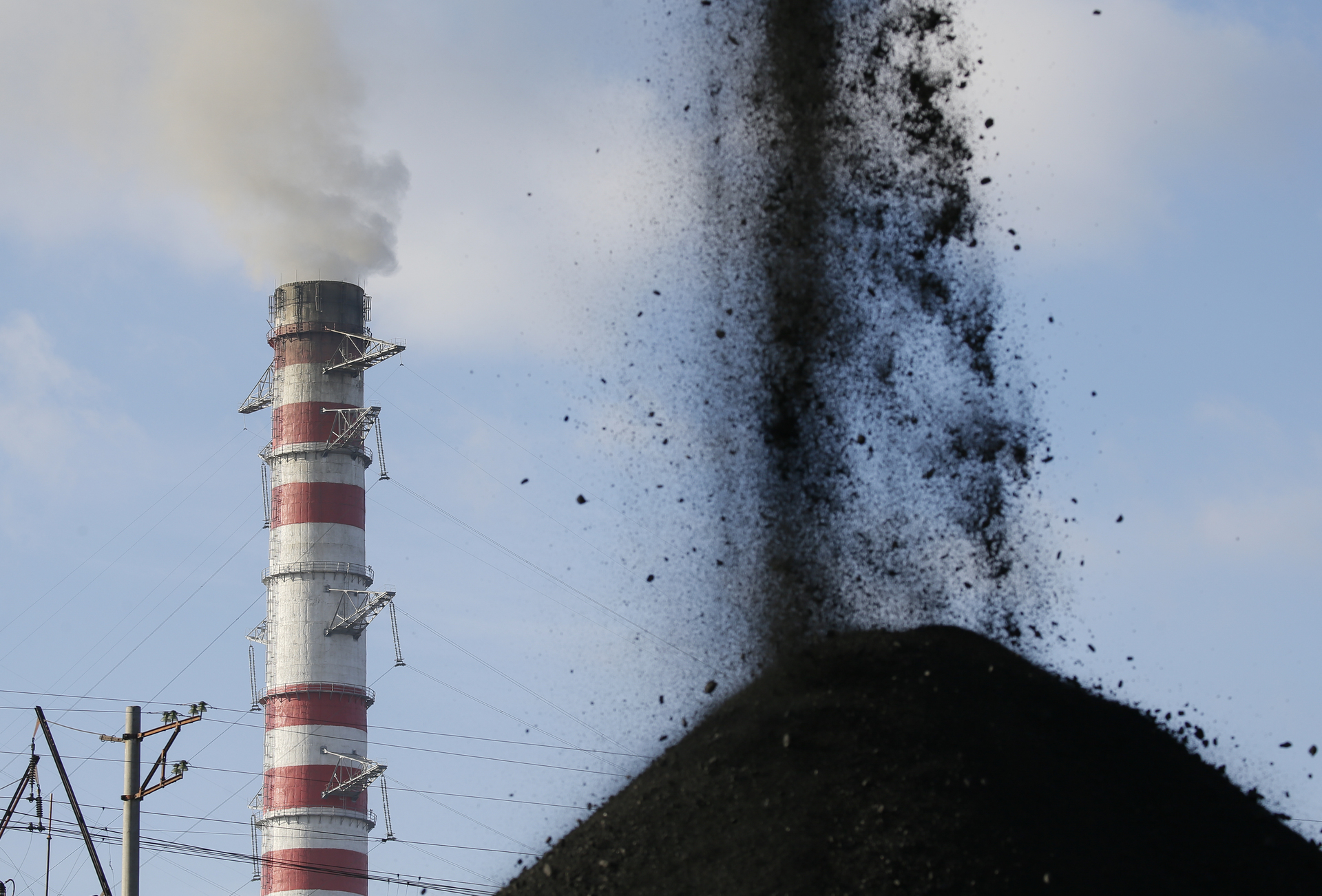Scientists from the National Research Technological University "MISiS", the National Research Tomsk Polytechnic University and the Institute of Catalysis named after
G.K.
Boreskov SB RAS proposed a new method for increasing the efficiency of coal combustion.
By using certain additives, the efficiency of coal combustion can be significantly increased while reducing toxic carbon monoxide emissions.
This is reported in the journal Fuel Processing Technology.
The main problems of using coal fuel as an energy carrier are considered
incomplete combustion and release of carbon monoxide, Russian researchers note.
To address these
Problems scientists have proposed the use of catalytic agents (catalysts) - copper oxides or their precursors: nitrates, acetates, chlorides and sulfates.
According to scientists, such additives provide both greater efficiency and environmental friendliness of combustion.
In a laboratory experiment, researchers soaked coal fuel with metal salts.
Then, the resulting material was burned in a combustion chamber at an initial temperature of 500–700 ° C, which corresponds to real fuel boilers.
The use of salts as catalysts provided efficient and environmentally friendly fuel conversion by intensifying the reaction and lowering the combustion temperature, the scientists noted.
With the help of an on-line gas analyzer, the researchers found that the use of additives, on average, contributed to a decrease in the ignition delay time by 1.8 times and a decrease in the minimum ignition temperature by 54-135 ° C.
The addition of salts also led to a significant (40%) reduction in carbon monoxide (CO) emissions.
At the same time, according to scientists, the use of salt agents made the combustion process more controllable, and also made it possible to significantly reduce heat loss due to the so-called fuel underburning (unburned residue).
Thus, as a result of the experiment, the content of unburned carbon in the ash residue decreased by an average of 3.1 times.
The authors expect that the use of their method will significantly reduce fuel losses in the energy industry, minimize energy consumption when firing up electric power equipment, and reduce harmful emissions from coal-fired power plants.
Recall, despite all efforts to switch to renewable energy sources, coal still provides more than one third of the world's electricity production.
Coal still provides over one third of the world's electricity production
Reuters
© Valentyn Ogirenko
According to the head of the research group, head of the laboratory for catalysis and processing of hydrocarbons at NUST MISIS, Alexander Gromov, it is too early to give up on coal energy, since the leading world economy - the Chinese one - "considers coal as one of the main fuels of the 21st century."
“Therefore, the search for catalytic additives that activate coal combustion will continue.
We have achieved some success in this direction: the efficiency of combustion of coals, especially high-ash coals, is significantly increased when using catalysts proposed and tested by our scientific consortium, "said Alexander Gromov.

